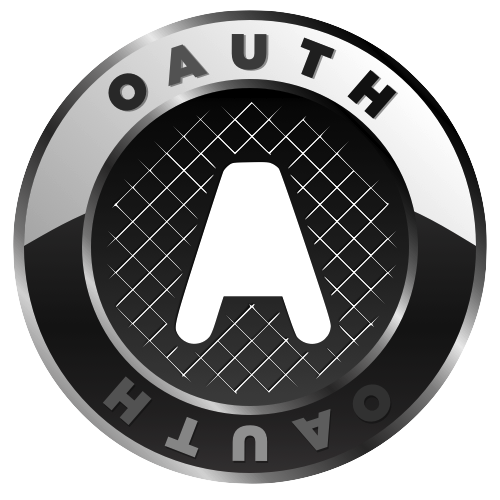Source code for oauth_dropins.webutil.webmention
"""Webmention endpoint discovery and sending.
Spec: https://webmention.net/draft/
"""
from collections import namedtuple
import logging
import re
from urllib.parse import urlparse, urljoin
from . import util
LINK_HEADER_RE = re.compile(
r'''<([^>]+)>; rel=["']?(https?://)?webmention(\.org/?)?["']?''')
# Returned by discover(). Attributes:
# endpoint: str
# response: requests.Response
Endpoint = namedtuple('Endpoint', ('endpoint', 'response'))
[docs]def discover(url, **requests_kwargs):
"""Discovers a URL's webmention endpoint.
Args:
url: str
requests_kwargs: passed to :meth:`requests.post`
Returns: :class:`Endpoint`. If no endpoint is discovered, the endpoint
attribute will be None.
Raises: :class:`ValueError` on bad URL, :class:`requests.HTTPError` on failure
"""
if not url or not isinstance(url, str) or not urlparse(url).netloc:
raise ValueError(url)
logging.debug(f'Webmention discovery: attempting for {url}')
resp = util.requests_get(url, **requests_kwargs)
# We ignore HTTP status code and allow discovery to continue even on non-2xx
# responses because the spec doesn't say to stop on error status codes.
# Background:
# https://www.w3.org/TR/webmention/#sender-discovers-receiver-webmention-endpoint
# https://github.com/snarfed/bridgy/issues/1012
# look in headers
for link in resp.headers.get('Link', '').split(','):
match = LINK_HEADER_RE.search(link)
if match:
endpoint = util.fragmentless(urljoin(url, match.group(1)))
logging.debug(f'Webmention discovery: got endpoint in Link header: {endpoint}')
return Endpoint(endpoint, resp)
# if no header, require HTML content
content_type = resp.headers.get('content-type')
if content_type and content_type.split(';')[0] != 'text/html':
logging.debug(f'Webmention discovery: no endpoint in headers and content type {content_type} is not HTML')
return Endpoint(None, resp)
# look in the content
soup = util.parse_html(resp.text)
for tag in soup.find_all(
('link', 'a'), attrs={'rel': ('webmention', 'http://webmention.org/')}):
if tag and tag.get('href'):
endpoint = util.fragmentless(urljoin(url, tag['href']))
logging.debug(f'Webmention discovery: got endpoint in tag: {endpoint}')
return Endpoint(endpoint, resp)
logging.debug('Webmention discovery: no endpoint in headers or HTML')
return Endpoint(None, resp)
[docs]def send(endpoint, source, target, **requests_kwargs):
"""Sends a webmention.
Args:
endpoint: str, webmention endpoint URL
source: str, source URL
target: str, target URL
requests_kwargs: passed to :meth:`requests.post`
Returns: :class:`requests.Response` on success.
Raises: :class:`ValueError` on bad URL, :class:`requests.HTTPError` on failure
"""
for arg in endpoint, source, target:
if not arg or not isinstance(arg, str) or not urlparse(arg).netloc:
raise ValueError(arg)
logging.debug(f'webmention send: {source} -> {target}')
requests_kwargs.setdefault('headers', {})['Accept'] = '*/*'
try:
# following 3xx redirects translates POST to GET, which we don't want,
# so disable that. https://github.com/snarfed/bridgy/issues/753
resp = util.requests_post(endpoint, data={'source': source, 'target': target},
allow_redirects=False, **requests_kwargs)
except BaseException as e:
logging.debug(f'webmention send: got {e.__class__.__name__}')
raise
logging.debug(f'webmention send: got HTTP {resp.status_code}')
resp.raise_for_status()
return resp

